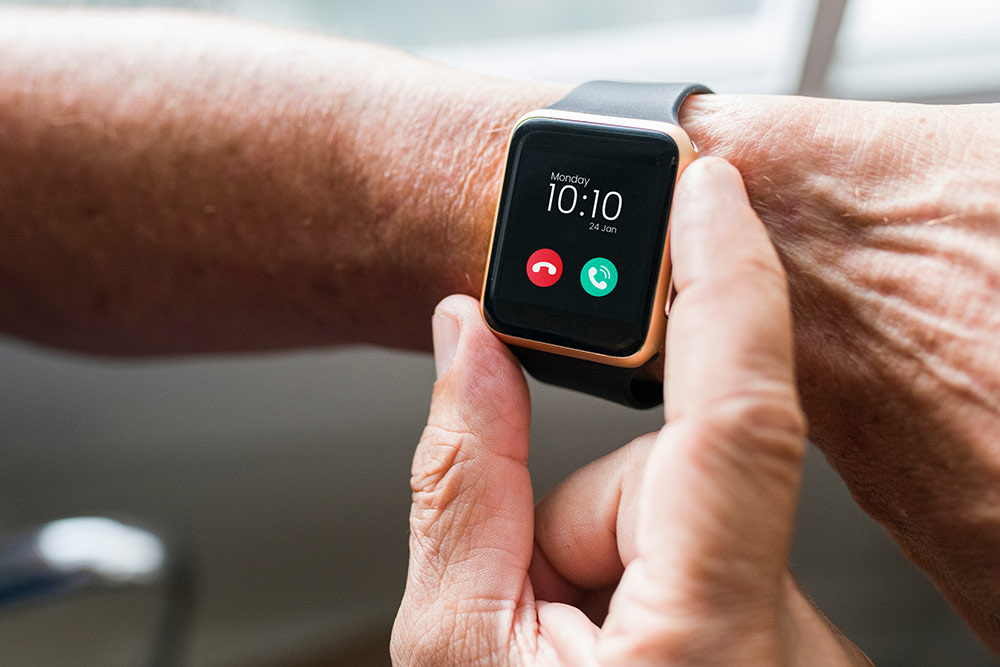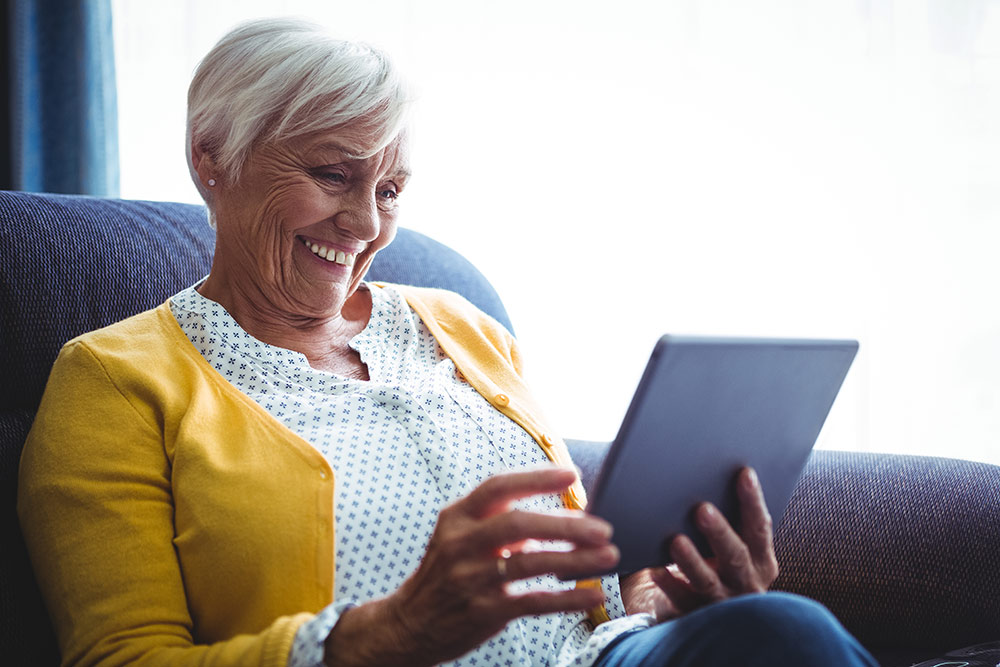Despite technological transformations, science has yet to discover the cure for Alzheimer’s disease and dementia.
However, it spurred many innovations that help doctors, caregivers, and dementia assisted living facilities support each senior patient’s needs.
Technology had also indirectly contributed to slowing down the disease’s progression and helping dementia-ridden seniors live a quality life.
Dementia, and all its various forms, has a crippling effect on the affected person, impairing not only their minds but also their behavior and social life. Some of its consequences include:
- General cognitive decline (e.g., forgetfulness, decreasing learning capacity)
- Depression and anxiety
- Emotional instability
- Sundowning and insomnia
- Agitation, aggression, and restlessness
- Social isolation
- Personal discrimination
The physical, emotional, and psychological impact of dementia can take a significant toll on a senior’s well-being, especially if not addressed with preventive care.
Fortunately, there are now various technologies available to help patients in their lifelong battle with dementia. Here are some examples of them.
Early Detection of Dementia
The early signs of dementia can be difficult to differentiate from the effects of aging since both have overlapping manifestations.
Without proper medical technology, it could take years before you even notice that something is amiss with your loved one. By then, the disease could already develop into a severe case of dementia.
Together with a psychological evaluation, some of the latest technology used to diagnose any forms of dementia include MRI, CT scan, SPECT, PET, voice analysis, and genetic testing.
With these testings, doctors would be able to detect the earliest signs and symptoms of dementia, giving your loved one a massive fighting chance through preventative care and planning.
Basic Healthcare Services
Whether at home or in a dementia assisted living facility, the trip to and from the hospital for your loved one’s regular check-ups can be challenging. Traveling or going into places is usually a struggle for seniors with dementia; what more with the current threat of COVID-19?
Fortunately, the latest innovations have got you covered. Through telemedicine, your loved one can now meet with their doctor through your laptop screen. Some of its services include:
- Online check-up, diagnosis, health discussion, and care plan with a professional doctor.
- Health apps for releasing digital prescriptions and monitoring blood pressure, blood sugar, and cholesterol levels.
- Medication management
- Immediate care and feedback in case of dire situations.

Assistive Devices
Having dementia limits a senior’s ability to do basic things independently, such as running errands, using appliances, and taking care of their health.
Depending on a caregiver or a family member, even with the simplest things, causes seniors to feel frustrated, making them think of themselves as deadweight.
To amend that, experts have come up with a way to support them with less supervision or help from caregivers through assistive technologies. Some of the most fantastic device in the market include:
- Automatic medication alarm or reminder. It can either come as a stand-alone device or in the form of a wristwatch.
- Picture phones for contacting relatives with ease.
- Voice powered or easy to read clocks and calendars.
- Automatic reminder messages help seniors remember specific tasks like locking the front door or attending a doctor’s appointment.
- Electrical appliance automatic monitoring device that notifies the caregiver when an appliance is turned on/off.
These technologies are particularly useful to both seniors and caregivers in dementia assisted living facilities. It will boost the confidence and sense of independence of seniors while freeing up the time and schedule of caregivers.
Communication Purposes
Above all else, technology has paved the way for a more comfortable and convenient means of communication for everybody, especially those with dementia.
Seniors with brain conditions experience a hard time being socially active because of anxiety and decreased self-esteem due to memory loss. However, socialization and connection with others play a massive role in one’s recovery progress.
As a loved one or caretaker, you should take baby steps in encouraging your senior loved one to socialize and communicate with family members or friends. Some of the technologies you can use as a communication aid include:
- Any device that you can connect to the internet, such as laptops, smartphones, or tablets.
- Apps like FaceTime, Zoom, and Facebook allow your loved one to talk with their close friends face-to-face. Seeing a familiar face helps them remember, making it easier to open up and communicate.
- Communication robots that offer information, company, basic health needs.
Robotic Assistance
Homecare robots are a relatively new concept in the caregiving industry but can be the future of long-term senior care.
Employing the assistance of artificial intelligence does not mean disregarding human caregivers. Homecare robots exist to ease up the burden of caregivers and help them with basic work, such as:
- Cleaning and maintenance
- Medication management
- Support and guidance
- Companionship
- Notifying staff for emergencies like fall injuries
Human interaction is an essential ingredient in bettering the prognosis of older adults with Alzheimer’s disease. Dementia care should not be trusted upon technology alone, especially in dementia assisted living facilities.
Safety and Security
A senior’s safety frequently gets compromised when they develop any kind of neurodegenerative disorder. Dementia patients usually have a decreased sense of self-preservation, mainly because of their impaired brain function.
Caring for a loved one proves to have several challenges, one of which is failing to keep tabs on them 24/7–but only because it is impossible.
However, with the right device and technology, you can now have a second set of eyes in supervising and ensuring the safety of your loved one. Some examples include:
- Security cameras installed in your loved one’s main room, kitchen, or near the door.
- Location tracking devices that give alerts once the wearer left a particular area.
- Bed occupancy sensors and door or window sensors.
- Touchscreen key locks so seniors would not wander off outside alone.
- Monitoring devices where you can talk to your loved one or control certain appliances such as the heater or lights.
More often than not, dementia assisted living communities also use these devices to ensure their residents’ safety and security.



